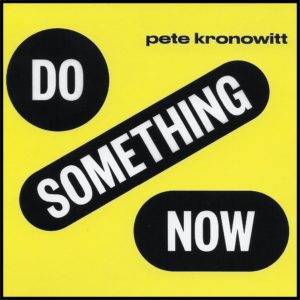
Song Title: Roly Poly
Single Sentence Singles Review: Music is an escape, but it can also carry a message, and in “Roly Poly” Kronowitt reminds us all that we can either be part of the problem or the solution, and he does it while entertaining – not haranguing.
Beyond The Track: Kronowitt’s latest album, Do Something Now (pictured left), is available September 25.
And that means…



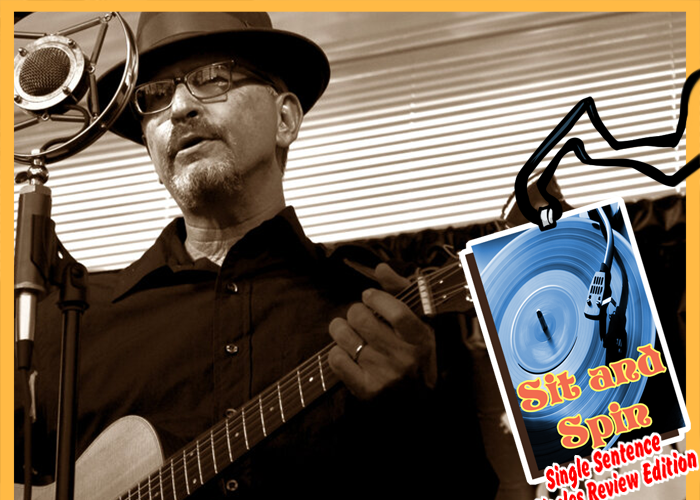


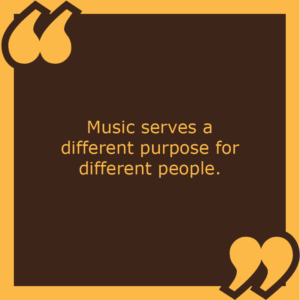 to that feeling of “checking out” for people by giving them new music to listen to?
to that feeling of “checking out” for people by giving them new music to listen to?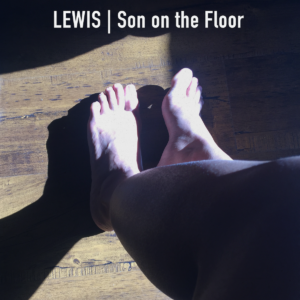 TrunkSpace: What are you most proud of with the album?
TrunkSpace: What are you most proud of with the album?
 While pop culture has always been a great distraction, what little new content making it to screens these days feels like stepping into an oasis while trekking through a desert. NOS4A2 fans have surely gobbled up Season 2 – which culminates in its finale this Sunday – and for star Ashley Romans, being a part of that momentary escape for people is a rewarding experience.
While pop culture has always been a great distraction, what little new content making it to screens these days feels like stepping into an oasis while trekking through a desert. NOS4A2 fans have surely gobbled up Season 2 – which culminates in its finale this Sunday – and for star Ashley Romans, being a part of that momentary escape for people is a rewarding experience.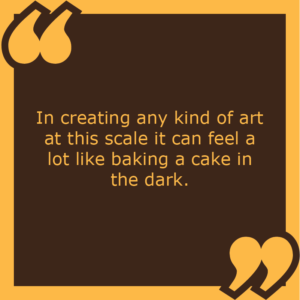
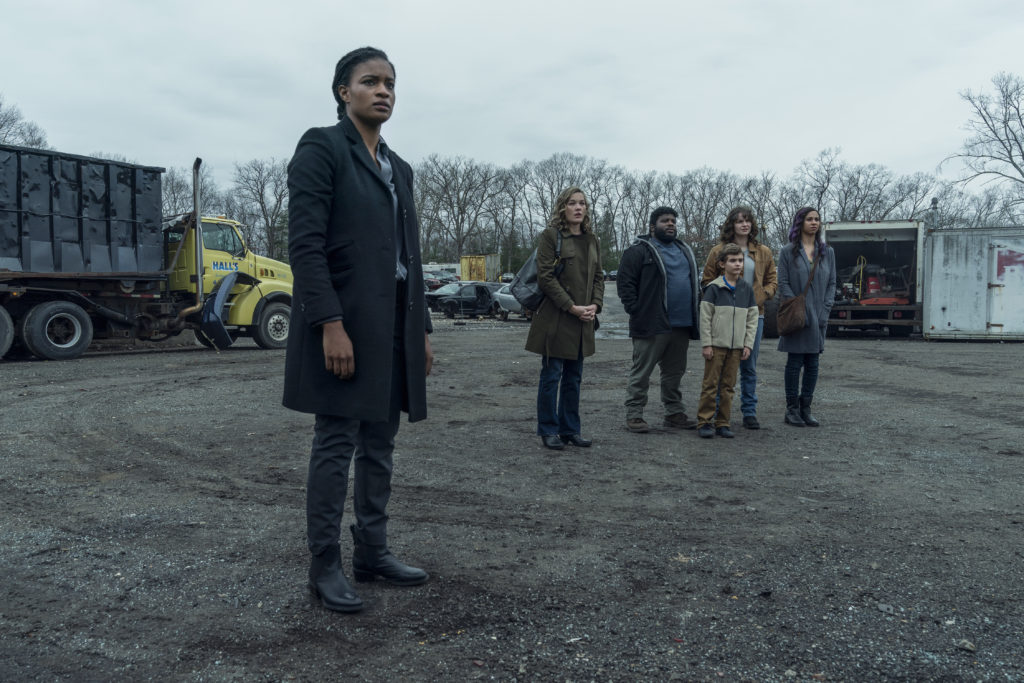

 Song Title: Harry Wants to Be Free
Song Title: Harry Wants to Be Free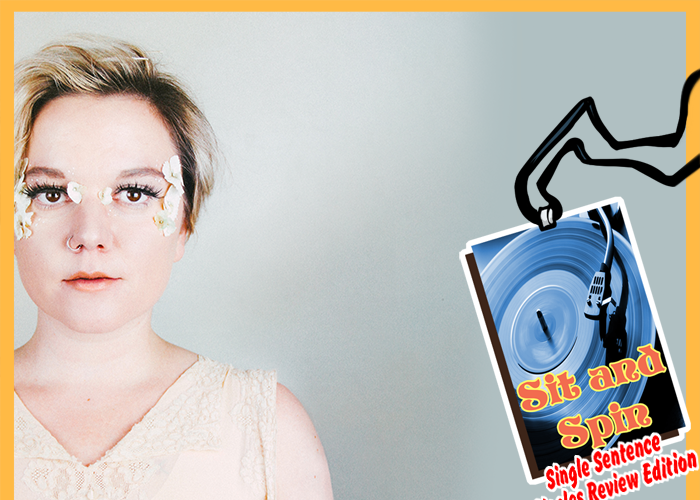
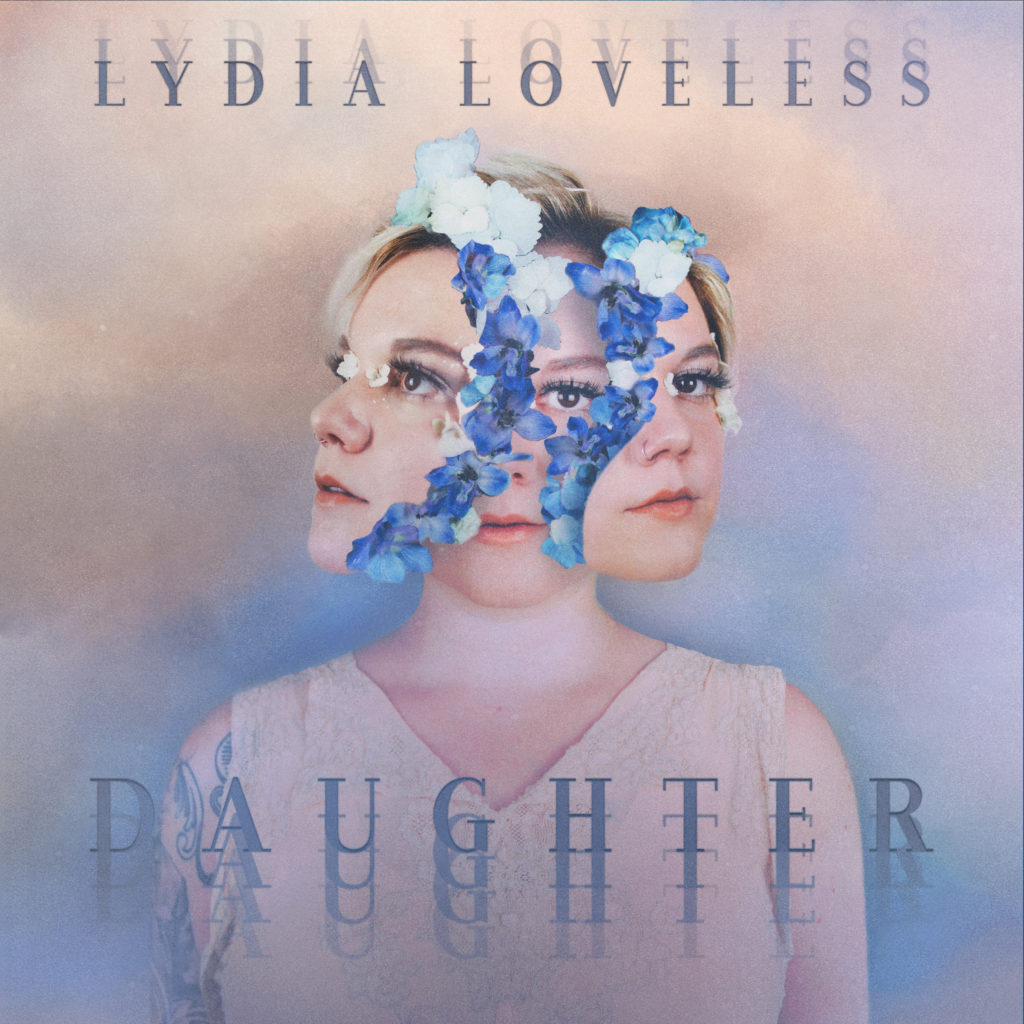 Song Title: Wringer
Song Title: Wringer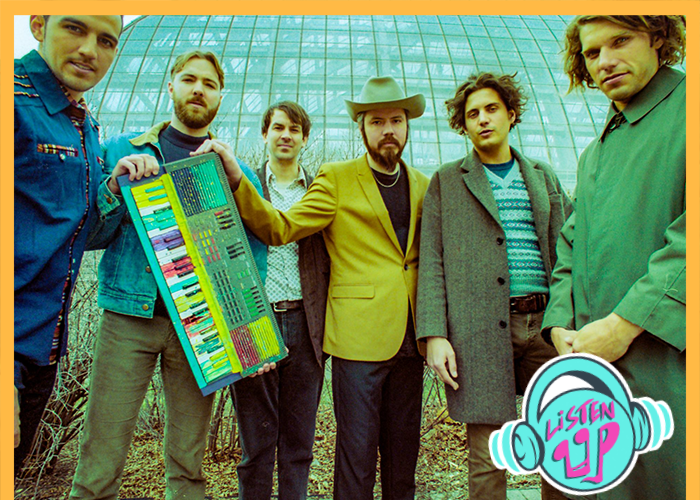
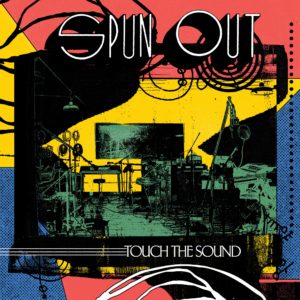




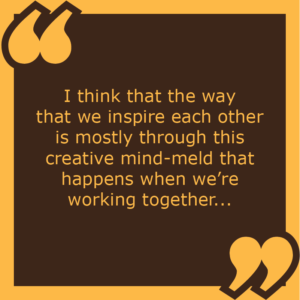

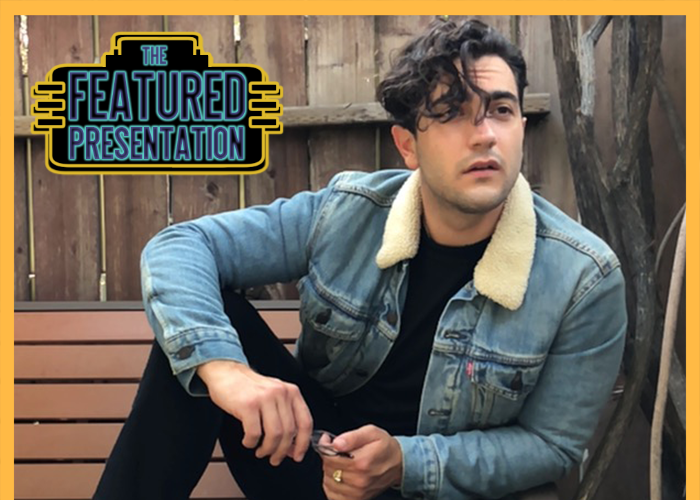

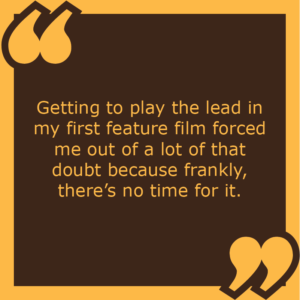



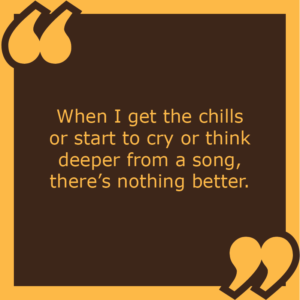
 TrunkSpace: This year has been an emotionally trying time for everyone and the divide between people – at least in this country – seems to be growing. What kind of hand can music have in helping people find an internal balance and possibly even bringing people together? We have always been drawn to the idea of music being a shared experience, regardless if we get something different out of it than someone else.
TrunkSpace: This year has been an emotionally trying time for everyone and the divide between people – at least in this country – seems to be growing. What kind of hand can music have in helping people find an internal balance and possibly even bringing people together? We have always been drawn to the idea of music being a shared experience, regardless if we get something different out of it than someone else.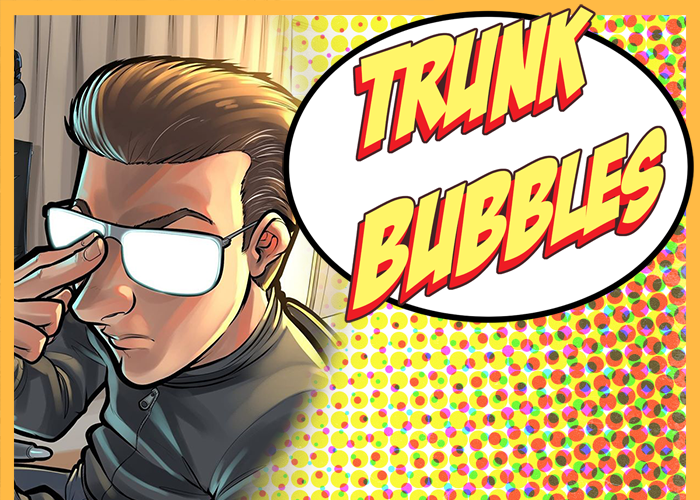
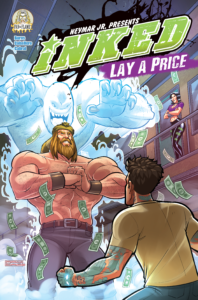 Name: Mauricio Caballero Peza
Name: Mauricio Caballero Peza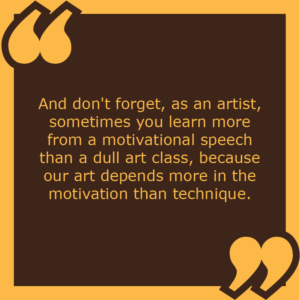
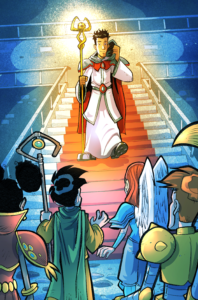 5.) Not having as much friends as I wanted to
5.) Not having as much friends as I wanted to